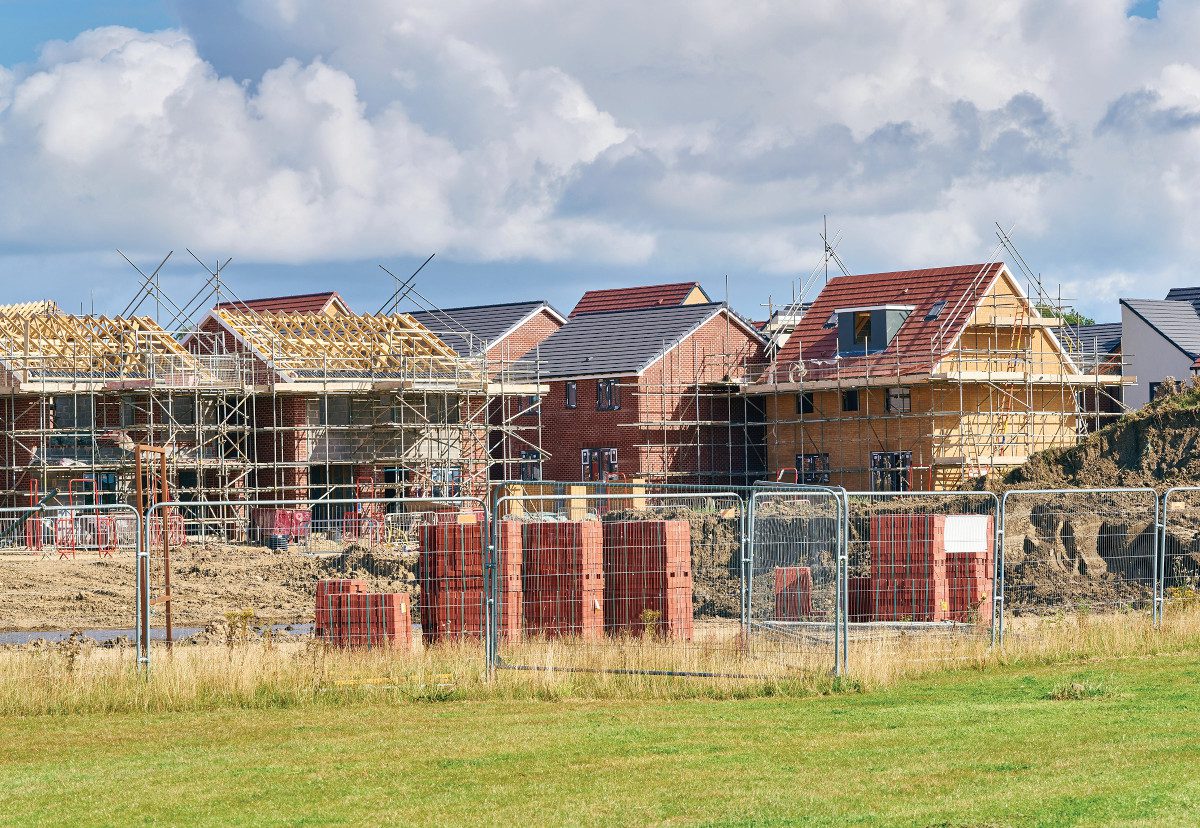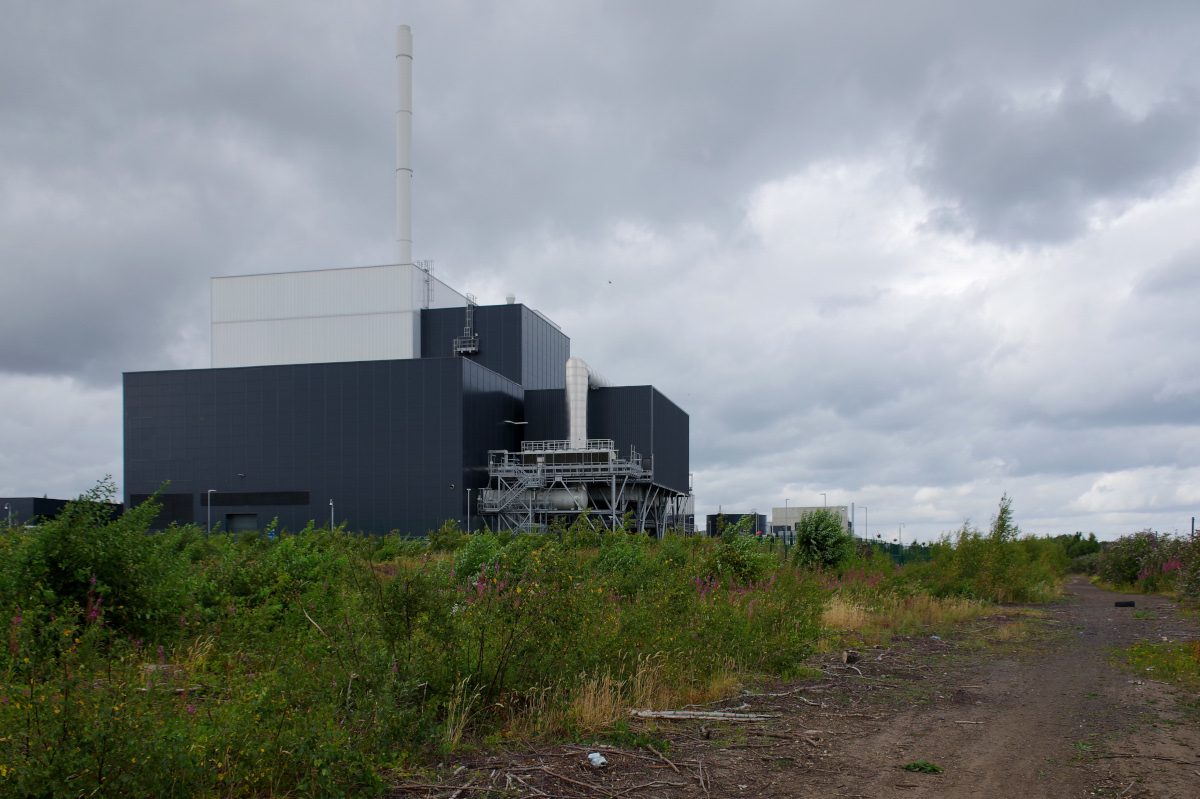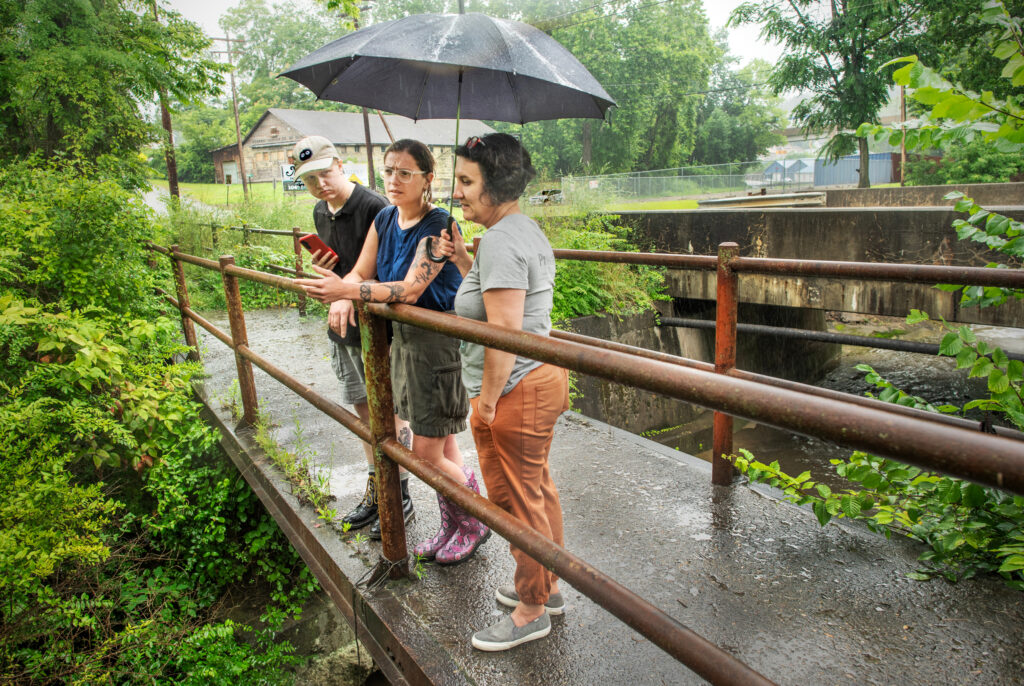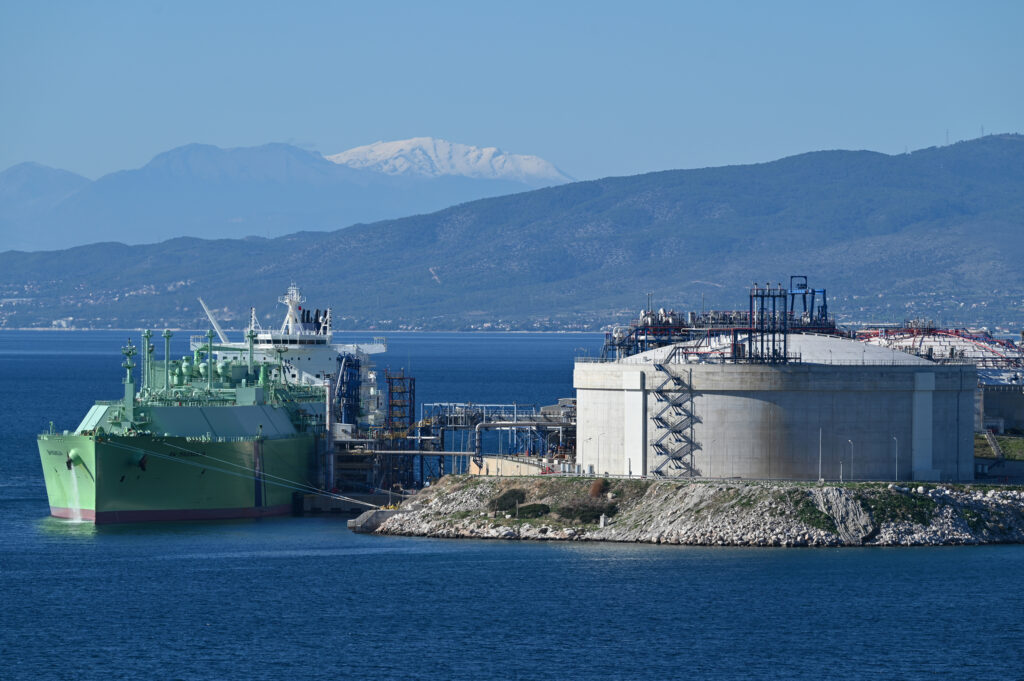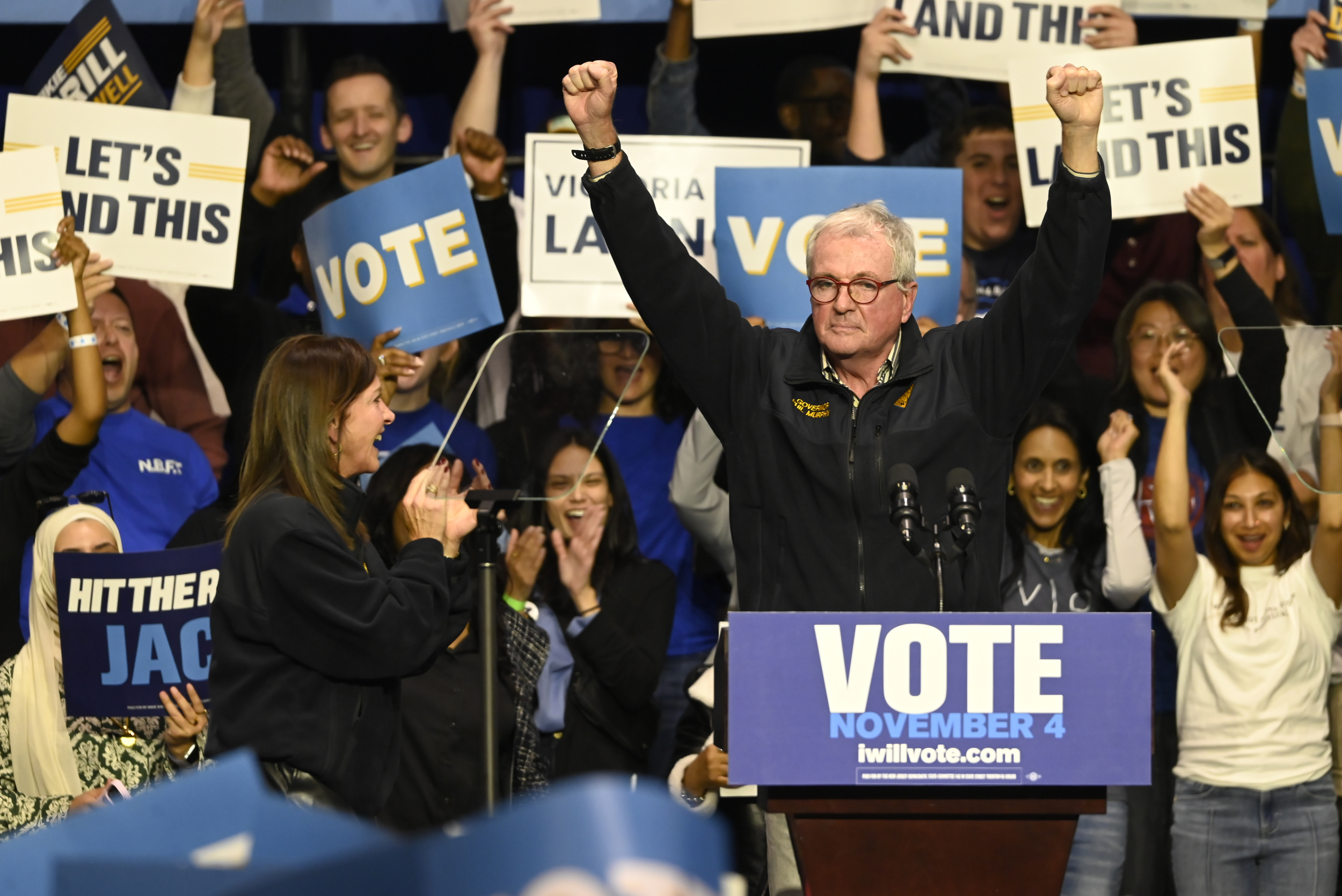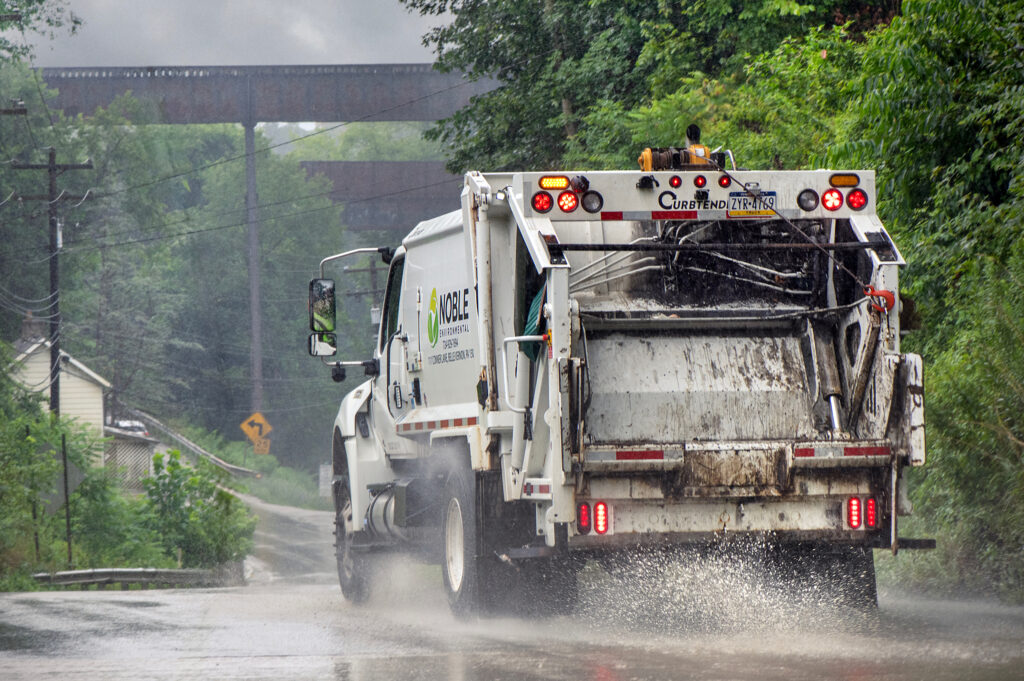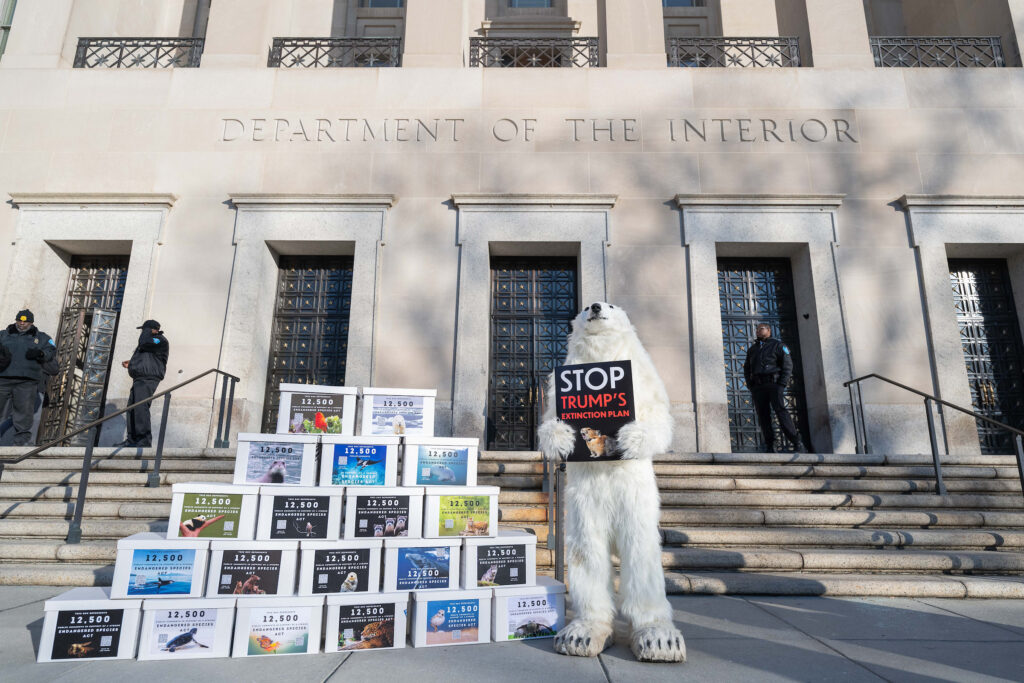Almost 200 countries assembled in Baku, Azerbaijan for COP29, which produced an agreement widely decried as falling far short of what was hoped for. Sir David King, Chair of the Climate Crisis Advisory Group said it offered “neither the funding nor the guidance needed for a safe and manageable future, especially for the most vulnerable”.
Against the backdrop of a pervasively fracturing geopolitical landscape, and with more than 1770 fossil fuel lobbyists patrolling the halls (at Friends of the Earth’s count), it seemed an occasion to be thankful that any agreement was reached at all.
It certainly began inauspiciously, with recordings released early in the event catching one of the event organisers canvassing potential investors in natural gas, of which the country has enormous reserves. And in the end there were no significant advances on phasing out fossil fuels, with action on a key pledge made at COP28 deferred until COP30, in Brazil next year.
There was also limited progress on countries increasing their nationally determined contributions (NDCs), with many still considered to be falling short of what’s necessary to limit global warming to 1.5°C.
One notable flag of ambition seemed to be planted by the UK, which announced it would be setting a new NDC, concordant with reducing emissions by 81% on 1990 levels by 2035, which the Environmental Justice Foundation (EJF) said “puts the country back on a path toward real climate leadership”.
The new target aligns with recommendations made by the government’s official advisers, the Climate Change Committee (CCC).
“We need to see further urgent action to speed up deployment of low-carbon solutions such as electric vehicles, heat pumps, and tree planting,” said the CCC, in response to the announcement.
This system, whereby Parties are able to set their own NDCs rather than be subject to binding emissions targets, has been in operation since the 2015 Paris Agreement. And increasingly, the focus of COP seems to be on finance, and negotiations that – it is hoped – will provide pathways for finance to flow to where it’s needed, via mechanisms such as ESG and carbon markets.
One crucial negotiation focus at this year’s event was finding agreement on the New Collective Quantified Goal (NCQG) for climate finance – the crucial figure determining the amount of money to be provided to developing nations to help them tackle climate change. The negotiations in Baku produced the figure of $300 billion per year (by 2035), a three-fold increase over the previous sum, but short of the trillions identified as necessary by an earlier report from the UN Standing Committee on Finance.
The “breakthrough agreement”, as the UNFCC’s official statement put it, “will secure [the] efforts of all actors to work together to scale up finance to developing countries, from public and private sources, to the amount of USD 1.3 trillion per year by 2035.”
The NCQG’s 10-page document was described as “underwhelming” and “ambiguous” by CarbonClick, a firm which provided a platform for offsetting the travel emissions of those travelling to the summit. Friends of the Earth described it as “a terrible deal”, which “destroys the notion of historical responsibility of the rich big polluting countries and pushes private debt creating finance.”
Capable conduit?
On one of the few areas of agreement, there seemed to be revived hope that carbon credits might provide a way of moving cash flows in the right direction, with new rules that promise to avoid some of the problems that have beleaguered the approach. Specifically, progress was made in finalizing the rules for international carbon markets under Article 6 of the Paris Agreement. This includes things like guidelines for avoiding double-counting of emissions reductions, ensuring environmental integrity, and ensuring that carbon credits contribute to real emissions reductions.
Seb Cross, Chief Innovation Officer and co-Founder at BeZero Carbon (which describes itself as the carbon credit ratings agency) said: “Breaking the deadlock on two years of negotiations on Articles 6.2 and 6.4 is a watershed moment.”
“Unlike the carbon markets of the past, this Article 6 agreement is built on stronger foundations, leveraging advanced data and cutting-edge technology to ensure global carbon trading functions with more efficiency and transparency.
“Of course, further steps will need to be taken to implement Article 6 effectively – including the use of independent, risk-based ratings to bolster nation’s confidence in leveraging market mechanisms to achieve their climate goals. But with proper implementation, Article 6 will unlock billions in capital flows, a large part of which will go toward developing nations, bringing benefits above and beyond decarbonisation.”
But many people clearly still need to be convinced, following the scandals that have rocked the sector and sapped credits of much of their appeal (and value) in the last couple of years. Friends of the Earth described the deal reached at COP29 as “a final nail in the coffin, opening the door to the global carbon market and the disastrous impacts for communities and ecosystems,” as the group’s Kirtana Chandrasekaran put it.
“We have seen the impacts of these schemes: land grabs, Indigenous Peoples rights and human rights violations and more.”
Methane milestone?
Organic waste observers cited an important marker of progress as the COP29 Declaration on Reducing Methane from Organic Waste, seemingly the first time the treatment of food and organic waste has been placed at the heart of a formal COP declaration.
The UK joined 28 other countries in signing the new pledge requiring national climate policies to set concrete targets to reduce methane from waste and food systems, aligning with the 1.5°C goal.
At the meeting, the UK declared its commitment to the elimination of organic wastes going to landfill by 2028 and to transitioning to a circular economy, with the Department for Food and Rural Affairs convening a group of ministers to galvanise action across the UK Government and kick start economic growth.
Organic waste encompasses a wide range of materials, including sewage, food waste, food and drink processing wastes, animal manures and slurries, and other agricultural wastes, most of which is not treated today, as Charlotte Morton of the UK Anaerobic Digestion and Bioresources Association (ADBA) explained in a statement at COP.
“This means that they are polluting our rivers and oceans, causing air pollution, and in the context of today’s declaration, emitting methane. Simply collecting and recycling these organic wastes would deliver half of the global methane pledge, to which the UK has also committed. We are very encouraged by Britain’s commitment to addressing the issue.”
It was one of the few conciliatory notes to take from an event that will probably rank in the “best forgotten” category, if the time comes to write a history of COP. Many seemed keen to set their face to the wind and focus on Brazil. Sir David King said: “The influence of fossil fuel lobbies remains a significant obstacle that must be addressed ahead of COP30 if it is to deliver meaningful progress.”
Nonetheless, he felt this event had yielded some “encouraging signs” of progress, and attempted to be upbeat about the NCQG deal of $300 billion per year by 2035.
“If this funding commitment can serve as a starting point to accelerate money flows in the right direction, it could provide the green shoots of progress. Leadership from the EU, China, the UK, and countries across Africa and South America hints at the potential for coalitions capable of tackling these severe challenges. Including India, small island states, and Australia in this group could create pathways independent of a Trump-led USA or Russia.”
“Opinions on the COP29 deal will vary, but one thing is clear: COP30 now carries even greater expectations. Urgent, exemplary action from this coalition could provide the acceleration the world so desperately needs.”






